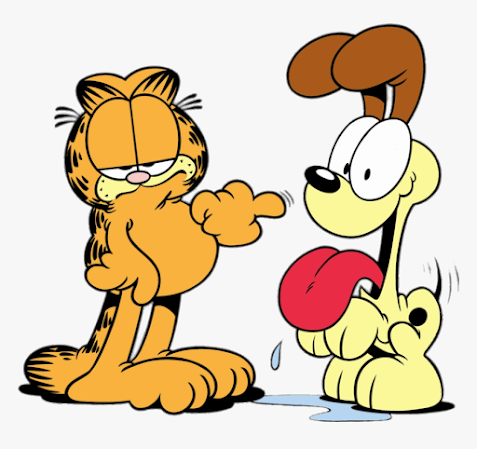Unlike English, Chinese uses the same word to cover similar situations, even if they are slightly different.
Too (Also) and Either
Consider these four situations expressed in English.
1. I like it.
2. I like it too.
I also like it.
3. I don't like it.
4. I don't like it either.
Now check out the Chinese forms.
1. 我喜欢 wǒ xǐhuān ("I like (it)")
2. 我也喜欢 wǒ yě xǐhuān ("I also like (it)"). There is no equivalent to "I like it too". The word for "also" 也 yě must always come before the verb.
3. 我不喜欢 wǒ bù xǐhuān ("I not like (it)")
4. 我也不喜欢 wǒ yě bù xǐhuān ("I also not like (it)"). The "not" 不 bù must immediately precede the verb, and the "also" 也 yě must be placed before this negated verb.
There is thus no need for a distinction between "too" (affirmative) and "either" (negative).
Both, All, Neither and None
Now consider these situations in English.
1. My dog and cat are both cute.
2. My dog, cat and fish are all cute.
3. Neither my dog nor my cat likes cold weather.
4. My dog, my cat, my fish - none of them likes cold weather.
1. 我的狗和猫都很可爱 wǒ de gǒu hé māo dōu hěn kě'ài ("My dog and cat all very cute") [The word hěn literally means "very" but is used to mean "is" when connecting nouns to adjectives. More on this in a future post.]
2. 我的狗、猫和鱼都很可爱 wǒ de gǒu, māo hé yú dōu hěn kě'ài ("My dog, cat and fish all very cute")
Notice that there is no difference between "both" and "all". the word 都 dōu covers both situations. In retrospect, English appears to have created a distinction without a difference.
3. 我的狗和猫都不喜欢寒冷的天气 wǒ de gǒu hé māo dōu bù xǐhuān hánlěng de tiānqì ("My dog and cat all not like cold's weather")
4. 我的狗、猫和鱼都不喜欢寒冷的天气 wǒ de gǒu, māo hé yú dōu bù xǐhuān hánlěng de tiānqì ("My dog, cat and fish all not like cold's weather")
There is again no distinction between "neither" and "none". It's just a combination of "not" 不 bù and "all" 都 dōu. Another English-language distinction without a difference. And as before, the 不 bù ("not") must immediately precede the verb, and the 都 dōu ("all") must be placed before the negated verb.
Every Single
都 dōu ("all") can also be used in conjunction with 每 měi ("every") to mean "every single".
我 每天 都 学习 中文 wǒ měitiān dōu xuéxí zhōngwén ("I learn Chinese every single day", literally "I every day all learn Chinese").
Summary
Just three characters, 不 bù ("not"), 也 yě ("also") and 都 dōu ("all") cover all the situations for which one would need "not", "also", "too", "either", "neither", "both", "all", "none", and "(every) single" in English. Plus the rules on where they should go in a sentence are clear and without exceptions.
[To be fair, there is one exception to the use of 不 bù as a negative prefix for verbs. The verb 有 yǒu ("to have") is negated with the word 没 méi ("not") instead of 不 bù.
Thus, one would say:
我不喜欢 wǒ bù xǐhuān ("I don't like")
我没有 wǒ méiyǒu ("I don't have"). In fact, the two words go together so often that the pīnyīn (romanised form) is written as one word. Check out this post for more.]


No comments:
Post a Comment